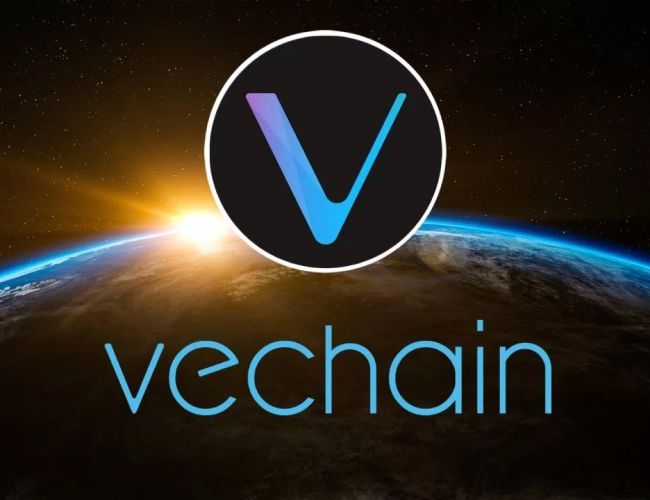VeChainThor enables efficient and sustainable energy production with blockchain control. Professor Qi Ge, a member of VeChain’s steering committee, leads pioneering research at the intersection of 2D materials and blockchain technology. Professor Ge’s pioneering work explores the potential of 2D materials when combined with the VeChainThor blockchain. In an exclusive editorial, Professor Ge sheds light on the importance of sustainable solutions in shaping the technologies of the future.
The professor proposes a new approach, inspired by nature itself, to harness the power of bacteria to generate electricity. He highlights the remarkable ability of some bacteria to produce electricity as part of their metabolic processes. Using these bacteria, it becomes possible to produce electricity from organic sources such as sugar. Innovative nanotechnology solutions are needed to capture electrical current in individual bacteria. The professor proposes using graphene, an ultra-thin, highly conductive material, to create a network that facilitates the transfer of electrons from bacteria to electrodes.
While energy production from bacteria offers enormous potential, it also poses challenges, such as maintaining optimal conditions for bacterial growth. Blockchain technology such as VeChainThor can play a key role in monitoring and regulating these processes, enabling efficient and sustainable energy production on a global scale. As the world strives for a more sustainable future, collaborations between advanced technologies such as 2D materials and blockchain promise transformative changes driven by innovation and environmental stewardship.
Image: Coinposters
Read the full article here









